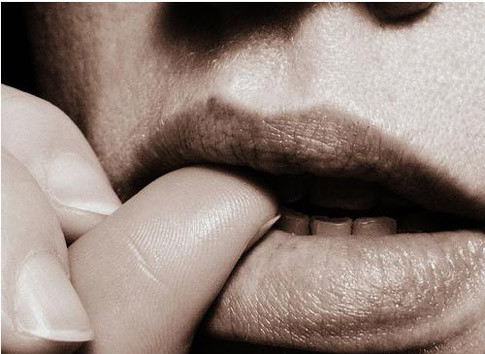A habit is the automation of behaviour after many repeats. For example, if one fries an egg every morning, eventually frying egg becomes routine and can be done without even thinking. This is the most primitive form of learning.
“Automation” suggests that a habit comes from the subconscious mind. Because of this reason, people often do not know they have certain habits, as they do not think about the behaviours that are already habits.
In psychology, habits are defined as “the reduction of sensitivity following repeated stimulation”.
The system of habituation played a crucial role in the evolution of life. Habits saved an organism time by using the subconscious mind to behave more efficiently and more quickly.
For instance, an animal that is faced by a predator usually flees before it can think about the situation. This is the result of practical experience that the animal had gained throughout its life, knowing that running is the best way to avoid being eaten. And because of the repeated behaviour, it has become habituated, subconsciously fleeing when the same scenario comes along. This way, the animal maximises its chance of survival.
However, in modern society this primitive system often causes harm rather than doing good. This is seen in cases of procrastinating students, impulsive consumers and businessmen who smoke every lunchtime (addictions are strengthened by habits). These phenomenon tend to be caused by stress brought on by life and the person’s desire to relieve that stress or resolve their discomfort. This is why having hobbies and interests to relieve stress regularly is a good way to prevent bad habits from forming.
Bad habits form quickly, but good habits seem to take longer. But this only appears so because of the short-term rewards. Bad habits tend to bring satisfaction and stress relief almost instantly, but the advantages of good habits only become apparent slowly (but also steadily). So, what is a way to develop good habits easier? Giving yourself a small reward (such as chocolate) after a desired behaviour is effective in reinforcing such behaviour, leading to habituation.
According to a research, the average time that takes for a habit to fully form is 66 days.

